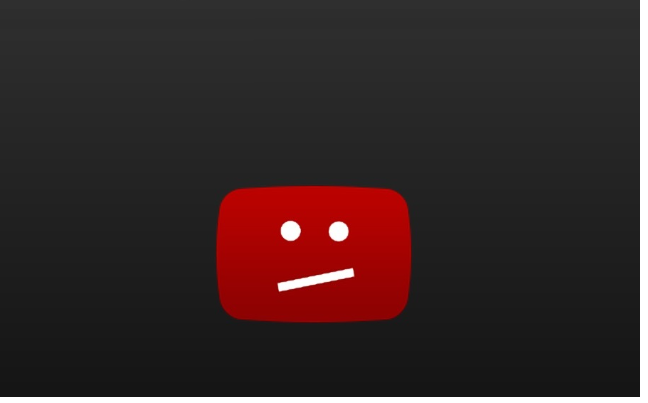
27 Blocked YouTube Channels for Spreading Misinformation
- cmpunjab.blog
- 0
- Posted on
Pakistan Takes Action: 27 Blocked YouTube Channels for Spreading Misinformation
In a move sparking nationwide conversation, Pakistan has taken decisive action to block 27 YouTube channels. This development comes amid increasing concern over the spread of disinformation, provocative narratives, and content deemed harmful to national security and social stability.
The keyword “blocked YouTube channels” has surged in online trends, reflecting growing public interest in the government’s reasoning and broader implications of this digital crackdown.
The Legal Framework Behind the Ban
The channels were blocked following a court directive initiated by the National Cyber Crime Investigation Agency (NCCIA). According to official sources, the content shared on these platforms violated key provisions of Pakistan’s Prevention of Electronic Crimes Act (PECA), 2016 — legislation designed to regulate unlawful online behavior and protect national interests in cyberspace.
The court was presented with evidence showing that these channels were consistently sharing misleading, false, and defamatory content. Officials argued that such videos not only distorted facts but also carried the potential to incite unrest among citizens and damage public trust in the state and its institutions.
Why These Channels Were Targeted
Authorities emphasized three main reasons behind the action:
-
Spreading False Information: The blocked YouTube channels were allegedly pushing deceptive narratives under the guise of news or commentary. The government claims this content had the capacity to stir panic and foster division within society.
-
Threat to National Security: Some videos were reported to be highly provocative, with the intention of influencing public opinion against the armed forces and other vital state organs. This kind of content, authorities argue, crosses the line from criticism to incitement.
-
Defamation of Public Officials: Certain uploads were seen as personal attacks on officials, involving privacy breaches and unverified accusations, undermining the dignity of public servants and hindering institutional performance.
Balancing Freedom with Responsibility
Officials were quick to clarify that the move is not intended to suppress free speech or legitimate dissent. Instead, it aims to draw a firm line between constructive criticism and content that actively seeks to destabilize the nation.
In the digital age, where misinformation can go viral within minutes, governments worldwide face the challenge of balancing openness with order. Pakistan’s recent actions reflect a growing global consensus: online freedom must coexist with accountability.
What This Means for the Future of Digital Media in Pakistan
This development sets a precedent for how Pakistan might handle online content moving forward. With over 70 million internet users and a rapidly growing digital landscape, content regulation is becoming a national priority.
The government insists that its primary goal is to protect citizens from harmful content while preserving the integrity of the country. Future enforcement of PECA and related laws is likely to continue as authorities keep a closer watch on digital platforms.
Conclusion
The story of these blocked YouTube channels is more than just a crackdown — it represents a defining moment in Pakistan’s digital journey. As online platforms evolve, so must the frameworks that govern them. For many, the message is clear: the internet must remain a space for open dialogue, but not at the cost of national cohesion and public trust. Source